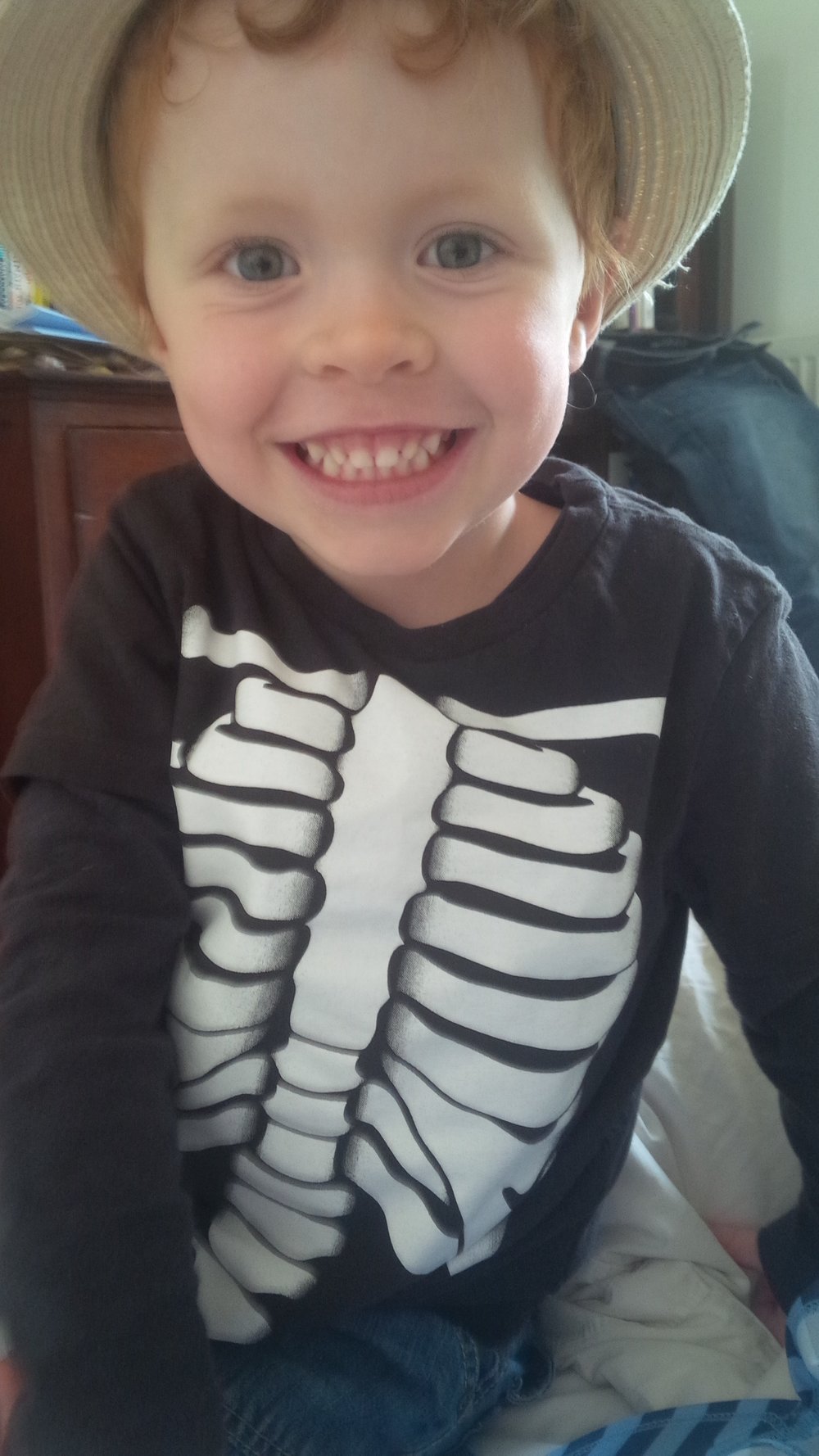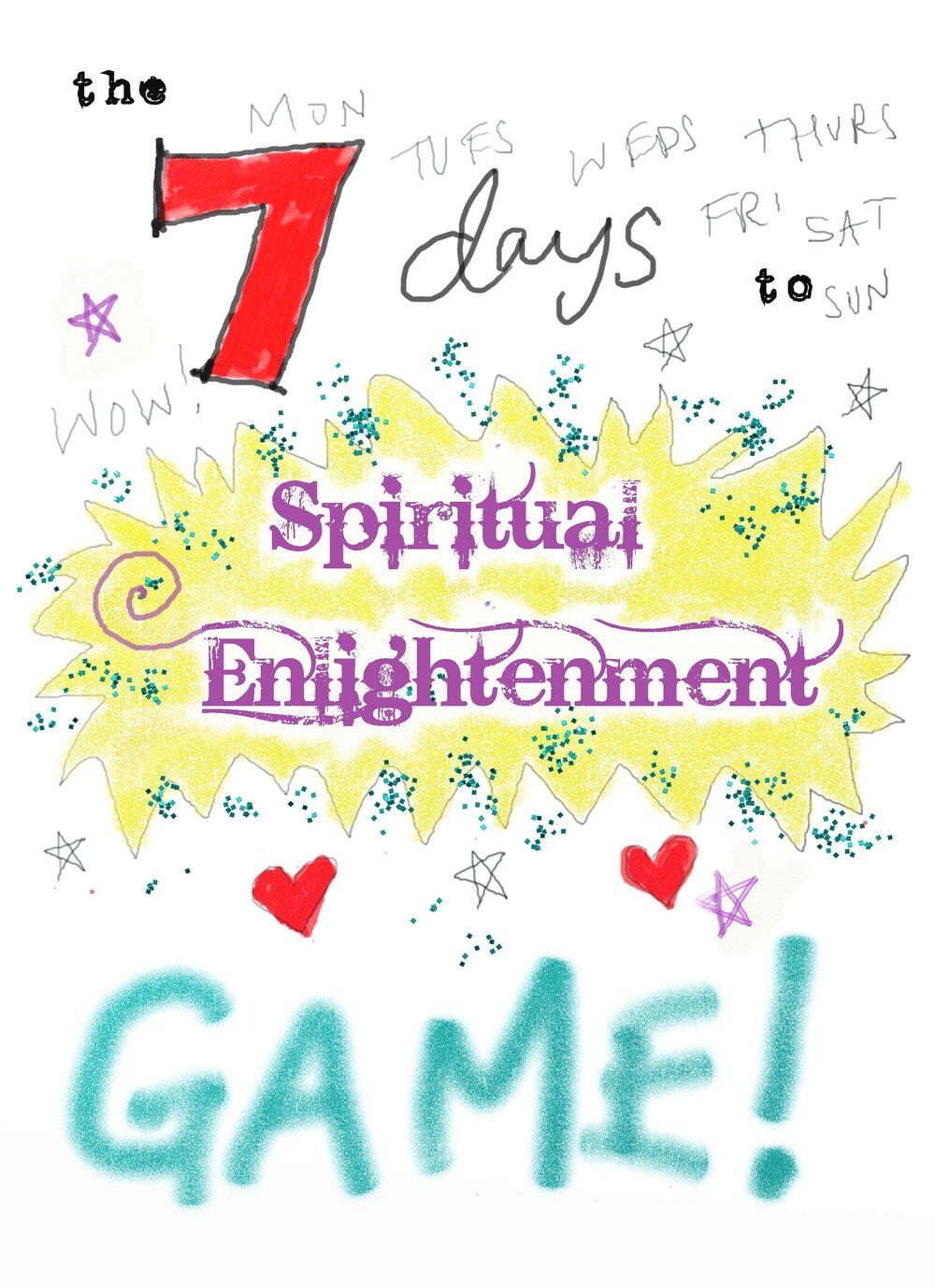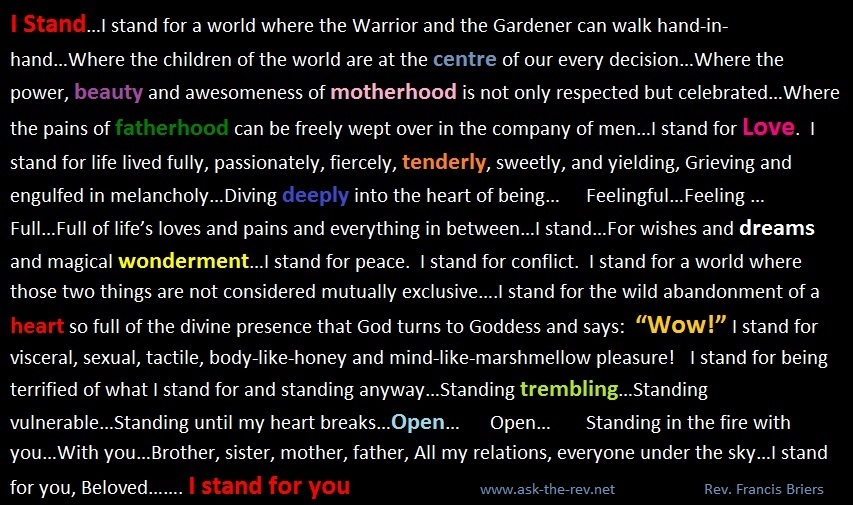A Spiritual lesson from Drama School
A learning from my past has come to the surface recently because of some work with one of my students on our Embodied Facilitator Course and I felt to share it in a blog.
It revolves around a moment of breakthrough for me when I was training as an actor at drama school. Acting was something I had always been good at, amongst the best of the people I knew, but in going to drama school I had to face a reality that I think many do: going from being a big fish in a small pond to be a small fish in a big pond. I was still good, but so was everyone else. The teachers were more granular in their feedback and by its very nature the feedback they were giving us related to our blind-spots. If we had known about these problems, if we had been aware of them, we would have changed them already have – we were all dedicated students. I remember envying my fellow students their feedback when it related to such concrete things as working with their posture or their voice. I’m sure for them that was just as difficult to change as what I was being told was difficult for me, but in the moment their feedback seemed so tangible and technical that I wished my problems were so “simple.”
My feedback took various forms. I needed to:
“let go”
“take a risk”
“just try something”
“be more spontaneous”
I’m certain my teachers meant well with this advice, but at the time it felt like they may as well have said “just stick the North wind in a bottle and drink it.” No problem!
So I continued to struggle with it.
What I realise now but I didn’t know then was that I was so busy trying to “get it right” that there was always a part of me sat on my shoulder watching what I was doing, critiquing what I was doing. That inner observer didn’t make me self-aware, it just made me self-conscious which made everything I did on stage seem overly considered and it therefore lacked the kind of theatrical truth that makes for a great performance.
One director I worked with said “you have the look of someone being looked at.” This was of course no more helpful at the time, but in hindsight it was an interesting comment for him to make!
What I’ve found is an interesting link to my work today teaching embodiment and personal development in that I noticed one of my students had a similar quality, like he was watching himself all the time. In speaking to him about this he found it very useful, and in some ways slightly confusing information because so many spiritual teachings talk about cultivating an inner observer - and that’s part of what he had been working on. I am sure it is the case that in the spiritual traditions that speak of cultivating that “inner observer” or a part of us that neutrally witnesses who we are and what we do, don’t intend for us to become negatively self-conscious. I’m sure it is intended to be more about non-judgemental self-awareness. However I have seen this quality in many other people on similar paths which makes me think that it is a common misunderstanding and may be causing other people difficulties too, so I wanted to offer my solution from when I was at drama school.
The solution I found came to me during my 2nd year at drama school. I was working with a director who I often clashed with because we had such different philosophies and outlooks but he got great results with some people and I was nothing if not tenacious student so I kept diligently trying to do what he asked. We were working on a scene and had been working on it for quite a lot of the afternoon session, running through it over and over again. I was heartily sick of the scene and really fed up with what felt like a litany of criticism and my own sense of trying constantly to do what the director was asking of me and constantly failing. We were nearing the end of the afternoon and I got to a point in myself where I thought “I’m just going to walk onto the stage, say my lines, and walk off again, we will have to give up at some point!”
We did. We stopped right after that run-through but the director seemed surprised and happy. The next morning I ran into him outside the drama school and he asked me:
“Do you know what you did yesterday?”
Me: “if I’m honest, I walked onto the stage said my lines and walked off again.” (clearly I was done with being the ‘good student’!)
Director: “Right, right, brilliant. We need to work out how you do that in the rest of the play.”
This was all said without a hint of irony and was followed by the closest thing to a compliment I had ever heard given by that director. I came away frankly shocked! I also came away with a profound realisation. This was what people had been trying to tell me for all this time but never finding quite the right words (or maybe they did and I just didn’t hear them, or they weren’t offered to me at the right time) :
“don’t give a shit, none of it really matters!”
Like I say, I think I needed the realisation not just the words, but there was something profound in this that gave me a sense of freedom, nonattachment, and relaxation. Suddenly I was able to let go, and take a risk, and try something, and be spontaneous because on some level I had found a way to just not really give a shit anymore.
So there it is, my profound spiritual realisation! If like me you have a tendency to care too much, be too cautious, or try to get things ‘right’ then you may like to try a healthy dose of not giving a shit. It could be transformational!
With love.



